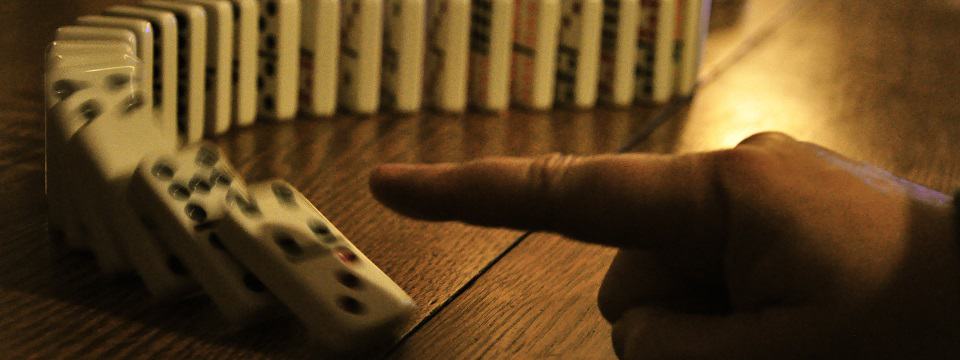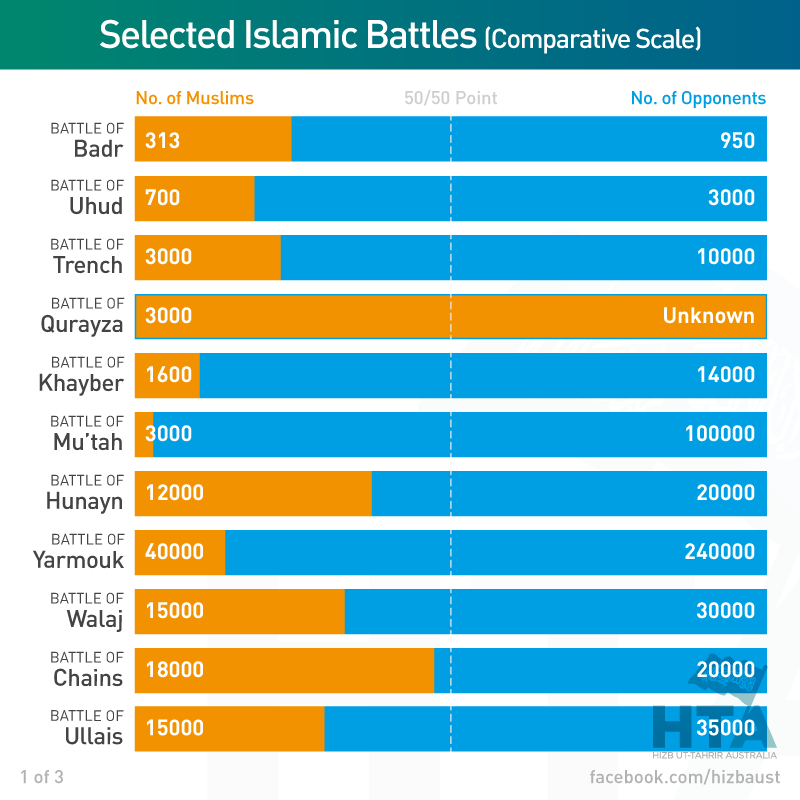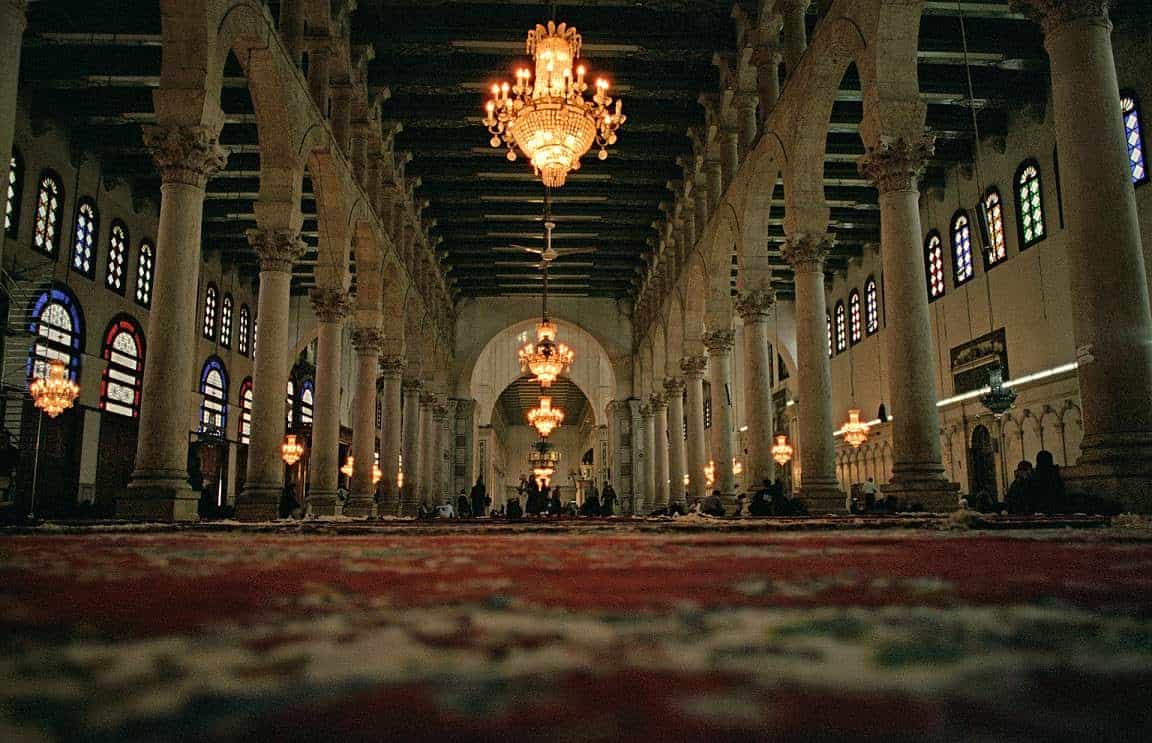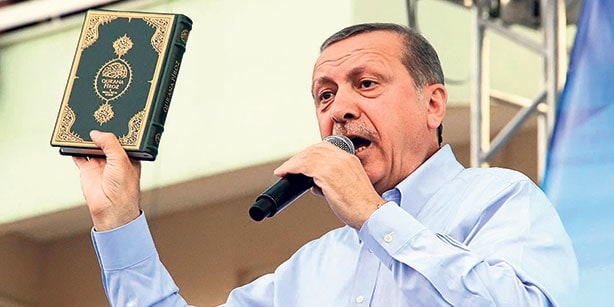An inheritance dispute amongst siblings in Canberra has been given just the right twists in media coverage and commentary to set-up another opportunity for Islamaphobes to bash Islam.
The case, which made its way to the Supreme Court of the ACT (Omari v Omari), turns on the question of whether the estate of Mariem Omari should be divided amongst her children according to Islamic law, whereby each son would get double the share of each daughter, or Australian law, such that all the siblings get the same shares.
As is apparent, this story has all the hallmarks for a potential media beat-up about how the Sharia law might trump Australian law (and thereby shake the very fabric of Australian liberal democracy!) and about how backward and sexist Islam is.
No surprises then that this is exactly what transpired. But not without the making of the relevant convenient assumptions required for the erection of the straw man subsequently to be pummelled.
Caroline Overington, who first reported the case in the media this week for The Australian, wrote:
The imam of the Canberra Islamic Centre, Adama Konda, agreed that the “standard expectation is that a Muslim will leave full shares to sons and half-shares to daughters” because “one boy is equal to two girls”.
Notice how the two directly quoted statements have the word ‘because’ inserted, by the reporter, in between them. Why? Well because the Imam, as is clear in the court transcript, did not say ‘because’, he was simply explaining what the law is, not giving its reasoning.
But Ms Overington felt the need – for that requisite pinch of sensationalism it seems – to present an explanation of what the law was as being the reason for that law, so it could be made out as if Islam attaches, per se, a lower worth to women relative to men, and that this is the reason why a daughter’s share of inheritance is less than a son’s.
In doing so, she facilitated the way for her intellectually lazy colleagues in the media to simply run with her take on the story, and come up with headlines like ‘Daughter challenges will that says she is worth half her brothers’ and ‘1400 years of tradition is no excuse for sexism’ (David Penberthy – no surprises there).
This assertion that Islam is sexist or values the male more the female could not be further from the truth. Gender, race, ethnicity, wealth and status are not what distinguish people in the sight of God; rather, what distinguishes people is only their piety and consciousness of God in their everyday lives. The Qur’an declares such in unequivocal terms:
O people! Indeed we have created you from male and female and made you peoples and tribes that you may know one another. Indeed, the most noble of you in the sight of God is the most righteous of you. [Koran, 49:13]
As for the reason why male children inherit double the share of female children, this has nothing to do with the worth ascribed to either gender. Indeed, only those who see the world through the lens of wealth and materialism would infer the worth of people from the material gains they receive. Rather, the law has a context and is part of a larger coherent framework.
An assessment of the Islamic laws of inheritance reveals that out of the over 30 cases which govern the different possible scenarios of inheritance amongst relatives, in only four cases does the female receive half the share of the male. In the rest, the vast majority, of the cases the female’s share is either equal to that of the male or higher.
The consideration, which accounts for the differences, is not for who is valued more, but is based on factors such as the degree of kinship between the heir and testator (closer heirs getting more), the placement of the heir in the sequence of generations (younger heirs getting more), and degree of financial responsibility towards others (those with greater responsibility getting more).
The female has no continual financial responsibilities as a child, sister, wife or mother; these responsibilities are always on the men of the family. The husband is obligated to cover the expenses of his wife’s basic needs of food, clothing and shelter, as well as to cover the expenses of their children’s upbringing. The wife is absolved of these duties, though she may assist if she chooses to. She has a set right, by law, in his wealth, but he does not have a right in her wealth.
If we were to apply the atomistic view of liberalism, we may now argue that men are discriminated against! Of course, this would miss the point entirely, which is that the problem is not with Islam, but with the premises of liberalism which divorce the individual from the community and, in an abstract appeal to an intrinsic equality, neglect the circumstances of the real world, taking as a focal point the imagined, apolitical and ahistorical, free individual.
Islam takes seriously the basic family unit that has existed throughout time, as its starting point. In doing so, it honours the woman and her distinguished role as mother and wife. It frees her from the worry of earning a living, allowing her to focus on the most important task of raising children, the future generations. The male too has a primary role as breadwinner and caretaker.
These roles are not water-tight compartments. The female can pursue a career if she wants, and the male can be homemaker if he wants, but the primary roles are defined, and the relationship is one of cooperation for the benefit of the family, and in turn, the society.
In contrast, secular liberalism has pushed the modern woman to see herself in competition with the male and has done away with any clearly defined roles, leading to family breakdown and social chaos. And still the result has been a rhetoric of equality juxtaposed with a reality of rampant domestic violence, established glass-ceilings, a culture of discrimination in institutions such as the army, and the commoditisation of the woman.
No wonder then that more and more women are turning to Islam, and away from the deceptive glitter of modernity’s ‘liberation’ of the woman. In the UK, research has shown that over 100,000 people have converted to Islam in the last decade; three-quarters of these are women, and the average convert is the 27-year-old, white, educated, female.
In the Muslim World, we see women playing a key role in the uprisings against Western-backed dictators, and they are calling for Islam, not liberalism. Fifteen hundred Muslim women from around the world joined a conference convened in the Tunisian capital earlier this month calling for Islamic governance in the Muslim World as the way forward for the securing of women’s rights, which have long been suppressed under secular or pseudo-Islamic regimes imposed on the Muslim World.
One may well ask: is it Islam that devalues women or liberalism? Is it the call for modest dress in public that devalues women or the multi-billion dollar pornography industries that operate legally in modern liberal-democracies? Is it the de-emphasis on external looks in favour of internal worth that devalues the woman or the use of her body to sell chocolate bars, cars and soft drinks?
One hopes the irony is not lost on anyone. Here we have liberals calling for state intervention to suffocate the wishes of a dying person as to how they want to divide their private wealth. And this is being done on the basis of their own faulty interpretations of the traditions of a people who do not ascribe to their ideology. It comes as no surprise, it must be said, that liberals are chopping away at their own irrational ideology.
We also have here an example of the intolerance of those who charge Islam with intolerance. Yet under the Caliphate people of religions other than Islam are allowed to conduct their private affairs, including inheritance, by their own beliefs and laws. It seems modern Western liberal-democracies cannot stand up to the same lofty standards, and would rather impose liberal ideals on those who disagree with them even in private matters.
Uthman Badar is the media representative of Hizb ut-Tahrir Australia.
[This piece was published on the ABC’s Drum on 20 Mar 2012 under the title, ‘Women undervalued: is Liberalism or Islam guilty?’]
![]()















